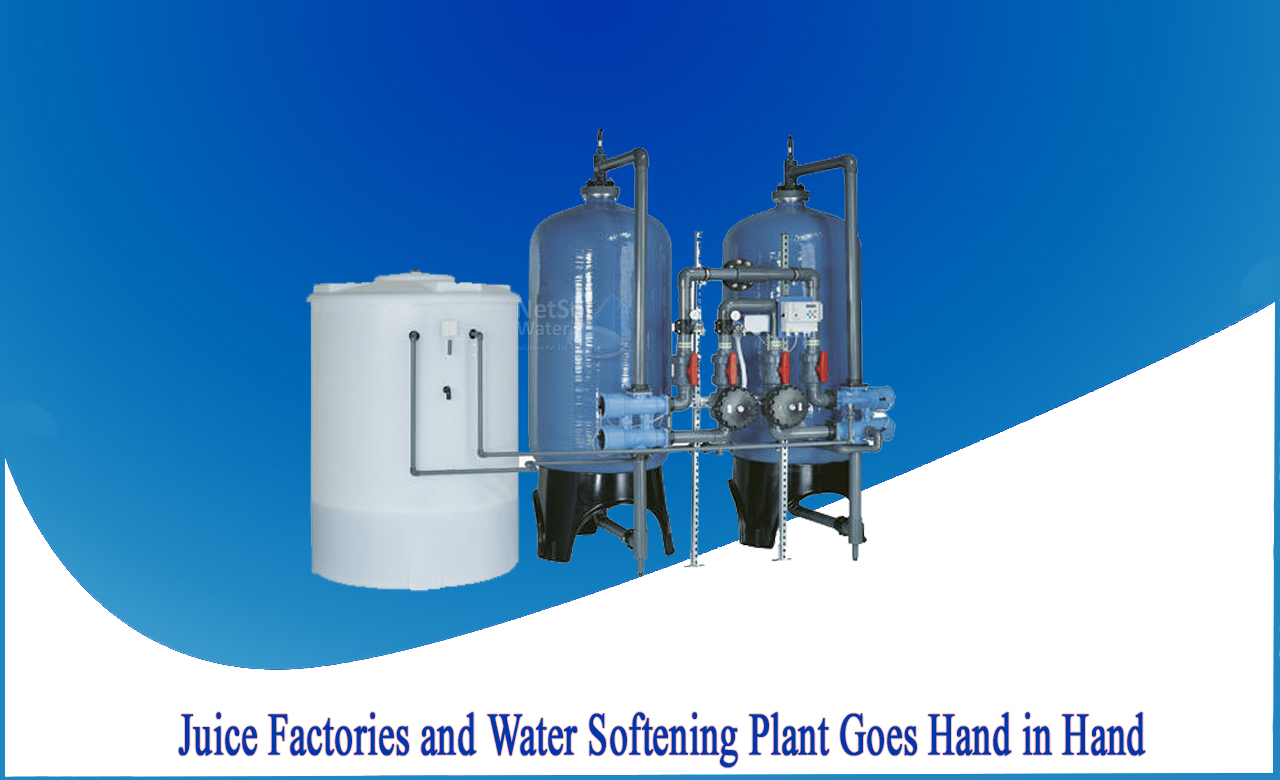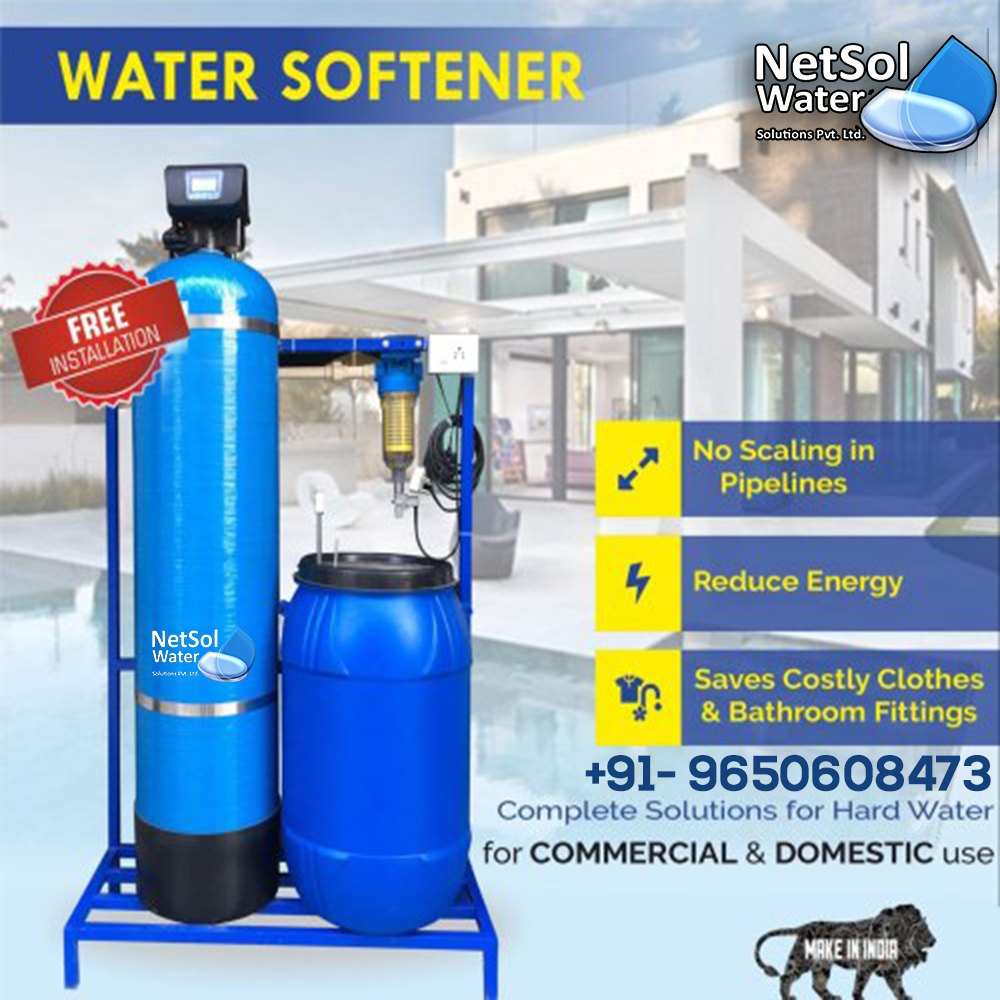Do juice factory and water softener plant work together?
Juice is a very nutritious food. It is made up of water, fruit sugar, acid, and minerals. Juice contains varying amounts of vitamins depending on the variety. Juice is very susceptible to microorganisms due to its high-water content and must be processed very carefully and hygienically.
THE MANUFACTURING PROCESS IS DIVIDED INTO TWO STAGES:
1. Extraction of juice: cultivation and preparation
After harvesting, the fruit is cleaned and sorted. It is either ready for dispatch as a consignment or, in the case of mass-produced goods such as orange juice, is directly concentrated locally to make the best use of transportation capacities. Another benefit of concentrated juice is that it takes up less space and thus requires less refrigeration capacity.
Depending on the fruit, the juice yield ranges between 40% and 85% of the fruit weight. Juice conductivity ranges between 2.0 and 16.0 mS/cm. Juice extraction is a seasonal business that only operates during a few months of the year. During these times, however, the entire plant capacity must be available. This puts a lot of strain on technology. Stoppages can cause fruit to spoil and, as a result, high losses. When the fruit arrives at the reprocessing company from the farm, it is subjected to batch retracing as well as the end customer's HACCP control requirements.Once the concentrate is created, it must be preserved and documented in order to keep the cooling chain operational until the final use.
2. Juice bottling: preparation and bottling
In the bottling plant, the juice is adjusted with water to the correct and usually original concentration. To achieve a consistent taste, different batches may need to be mixed together. Various fruit juices are also frequently combined. It is permissible to add up to 15 grammes of sugar, or even more in the case of some citrus fruits or citric acids. The additional ingredients must be listed on the label.
Heat treatment to extend shelf life is increasingly being avoided in order to fully preserve the juice with its contents, and bottling takes place in cold sterile systems. However, hot bottling (80-85°C) followed by bottle re-cooling remains the standard method. Bottling a hot product also gives the bottle a heat treatment, which reduces the possibility of microbiological contamination due to the bottle.
Juices can never meet your body's water requirements. Despite the fact that a large portion of juices contain water, juices cannot provide you with the benefits of water. Given the preceding points, it is critical to drink plenty of water throughout the day. To stay healthy and safe, it is best to install some of the best water purifiers available in India instead of bottled water.
Advantage of having mostly clean water in juices is that it keeps you energized throughout the day. Water keeps your body active and energetic, allowing you to complete more tasks. When you're dehydrated, your body draws water and energy from your blood. Sleepiness and fatigue result from a lack of oxygen in the blood that circulates throughout your body. Drinking healthy juices not only keeps you energized, but it also lowers your risk of contracting water-borne diseases.
CONCLUSION
So, in juice factories, there cannot be any manufacturing without clean and safe drinking water supply. There is a need to convert hard water into soft water as hard water cannot be used for consumption purposes. For that a water softener from companies like Netsol Water Solutions becomes a necessity in any juice factory, so yes, they go hand in hand.




